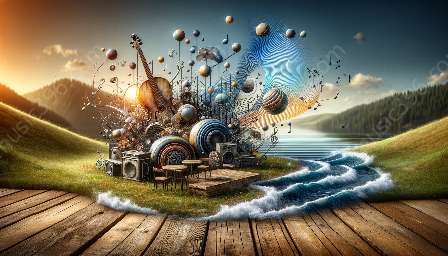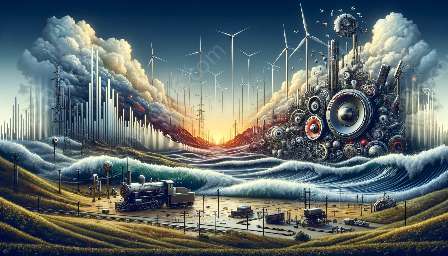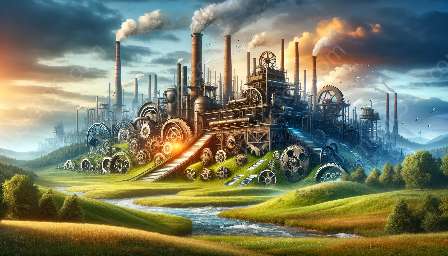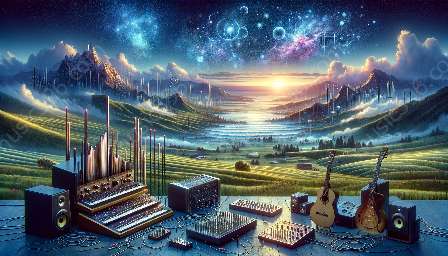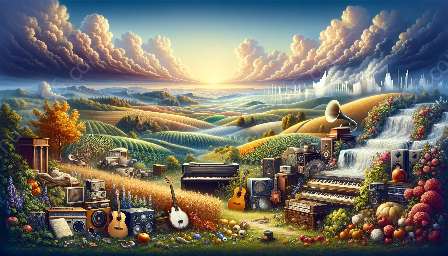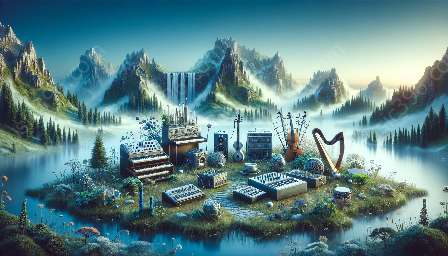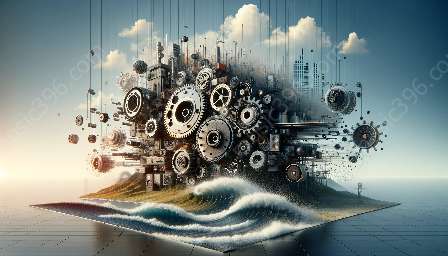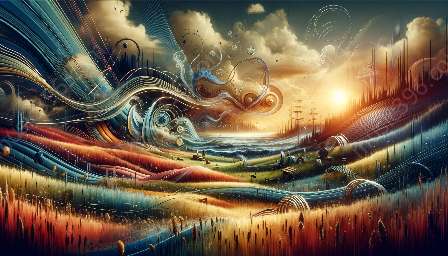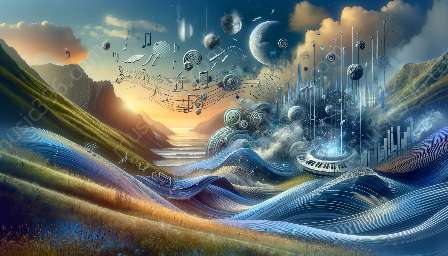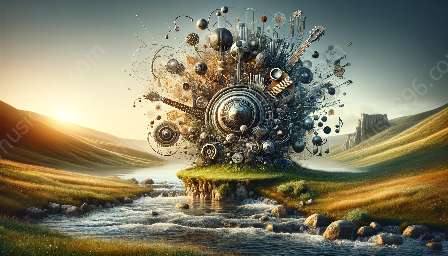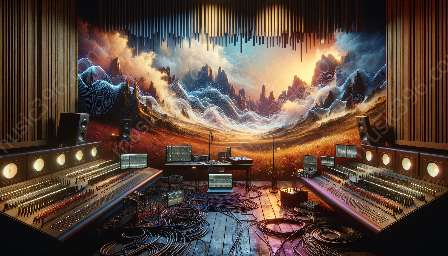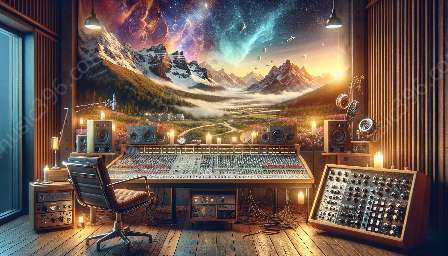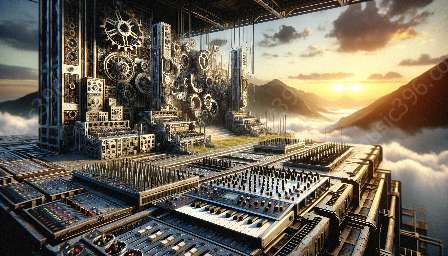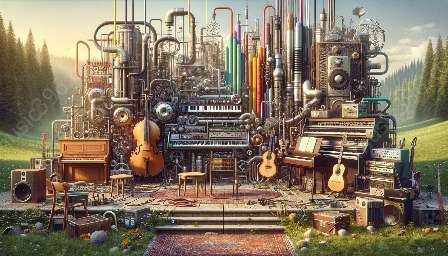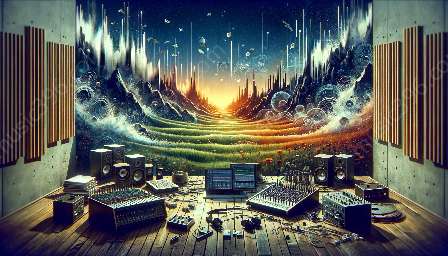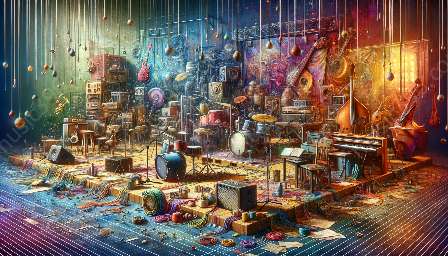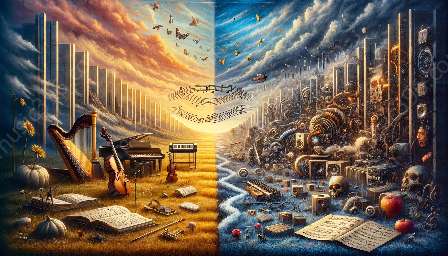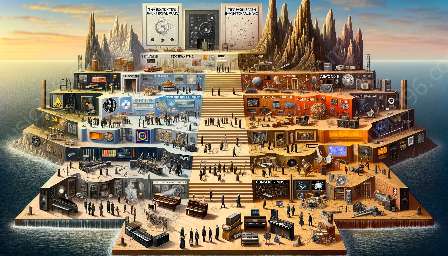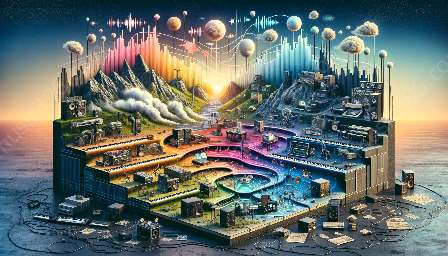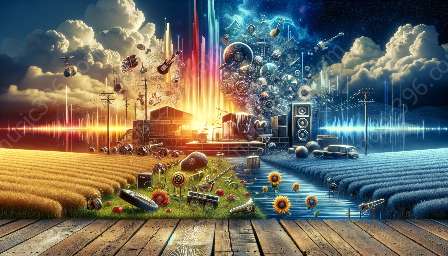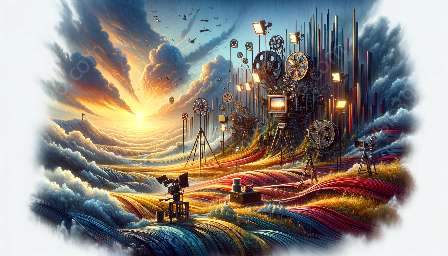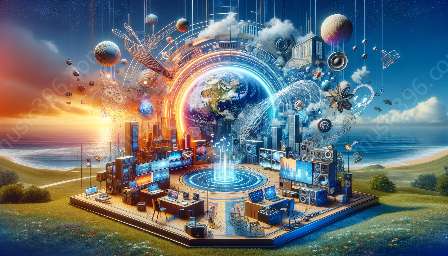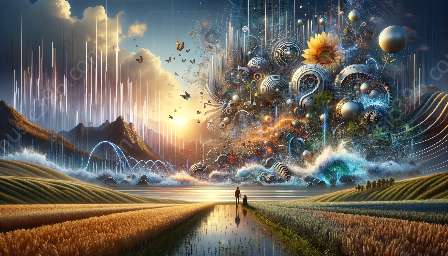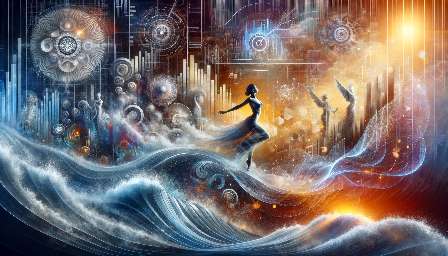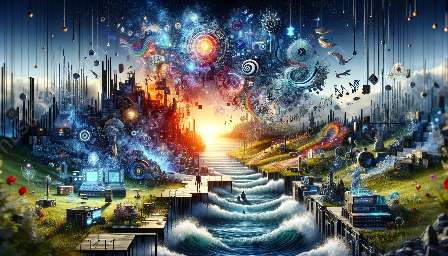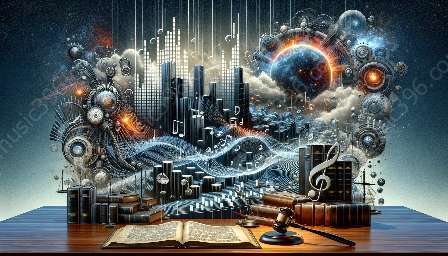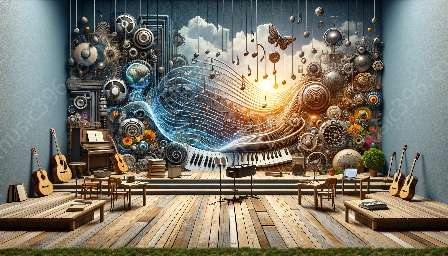Experimental music and traditional notions of music have long been seen as distinct realms of musical expression. However, the intersection of these two domains has given rise to a diverse and innovative landscape, challenging conventional ideas of what constitutes music. In this discussion, we will dive into the world of experimental music, exploring how influential experimental music artists have shaped and redefined the boundaries of music, and examine the influence of experimental and industrial music on contemporary musical discourse.
Experimental Music: A Paradigm Shift
Experimental music is characterized by its departure from traditional musical structures and its inclination towards exploration and innovation. It challenges the established norms of melody, harmony, rhythm, and timbre, often venturing into unconventional and avant-garde territories. This radical approach to composition and performance aims to disrupt familiar patterns, inviting listeners to engage with music in a new and thought-provoking manner.
By embracing non-standard methodologies, such as aleatoric composition, extended techniques, electronic manipulation, and improvisation, experimental music pushes the boundaries of musical expression, offering a platform for sonic experimentation and boundary-pushing creativity.
Traditional Notions of Music: Embracing Conventions
On the other hand, traditional notions of music are rooted in established forms, genres, and cultural practices that have endured through generations. These conventions often emphasize a structured framework of melody, harmony, rhythm, and tonality, reflecting historical and cultural legacies. While traditional music serves as a cornerstone of cultural identity and heritage, it can also be perceived as somewhat rigid in its adherence to established norms.
Despite their apparent disparities, the convergence of experimental and traditional music yields intriguing and groundbreaking results. The juxtaposition of these contrasting paradigms highlights the dynamic and fluid nature of musical evolution, offering a space for dialogue and exchange across diverse musical communities.
Influential Experimental Music Artists: Pioneers of Innovation
The realm of experimental music has been shaped by an array of influential artists who have challenged the status quo and pioneered new sonic frontiers. Artists such as John Cage, Karlheinz Stockhausen, and Laurie Anderson have been instrumental in reshaping the landscape of experimental music, introducing radical concepts and groundbreaking techniques that have transcended traditional boundaries.
John Cage, renowned for his avant-garde compositions and explorations of silence and chance operations, defied conventional musical practices, inviting audiences to ponder the broader concepts of sound and silence. Karlheinz Stockhausen, a trailblazer in electronic music and serialism, revolutionized the use of technology and avant-garde methodologies, reshaping the sonic landscape in unprecedented ways. Laurie Anderson, through her innovative fusion of performance art, storytelling, and experimental music, has blurred the lines between disciplines, captivating audiences with her boundary-defying creativity.
These luminaries and countless others have propelled experimental music into the forefront of contemporary musical discourse, inspiring a new generation of artists to embrace uncharted territories and redefine the essence of musical expression.
Experimental & Industrial Music: Defying Conventions
Exploring the evolution of experimental and industrial music unveils a realm of sonic rebellion and artistic innovation. Industrial music, characterized by its abrasive textures, mechanized aesthetics, and confrontational themes, challenges traditional notions of musical beauty and harmony. Rooted in the provocative works of artists such as Throbbing Gristle, Einstürzende Neubauten, and Nine Inch Nails, industrial music harnesses the power of dissonance and distortion to confront societal norms and provoke introspection.
By harnessing unconventional sound sources, industrial music constructs a sonic landscape that defies conventional musical aesthetics, inviting listeners to confront uncomfortable truths and explore the fringes of auditory experience. This provocative and boundary-pushing approach demonstrates the transformative power of experimental and industrial music in reshaping cultural perceptions and challenging established paradigms.
Redefining Musical Discourse: Uniting Varied Perspectives
The convergence of experimental music, traditional notions of music, and the influence of experimental and industrial music presents a dynamic dialogue that transcends conventional boundaries. It encourages a reevaluation of the parameters of musical expression, inviting artists and audiences to embrace diverse perspectives, unconventional techniques, and avant-garde sensibilities.
In summary, the intersection of experimental music and traditional notions of music serves as a fertile ground for innovation, creative defiance, and cross-disciplinary exploration. Influential experimental music artists, alongside the transformative impact of experimental and industrial music, have catalyzed a musical discourse that challenges, disrupts, and ultimately enriches our understanding of the multifaceted nature of musical artistry.

